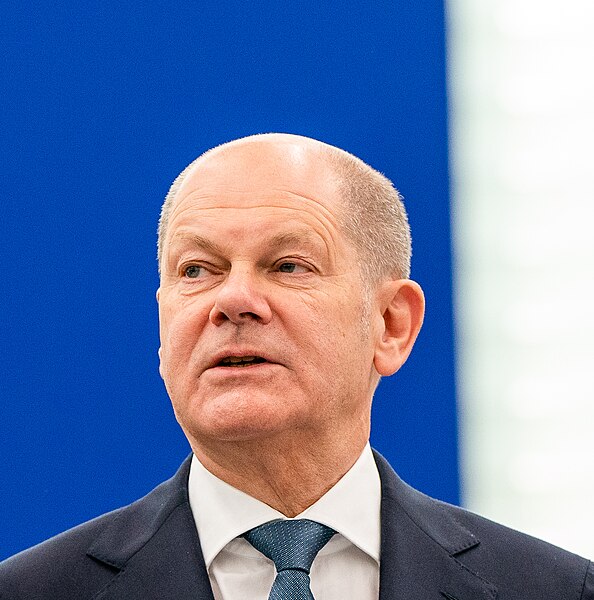
Germany’s three-party coalition government, comprising Chancellor Olaf Scholz's Social Democrats (SPD), Economy Minister Robert Habeck's Greens, and Finance Minister Christian Lindner's
Free Democrats (FDP), has been embroiled in months-long negotiations over the 2025 budget. The upcoming week is crucial as they strive to reach at least a preliminary agreement amidst significant disagreements.
Here’s a breakdown of the key issues and the current status:
Major Sticking Points: The total budget proposals for 2025 from various ministries have exceeded the set limit by approximately 20 billion euros ($21 billion). Finance Minister Lindner has cited excessive spending requests from unspecified ministries, although sources suggest these include the Greens-led foreign ministry and several SPD-led ministries like development, defense, interior, and labor.
Challenges in Negotiations: The drafting of the 2025 budget and a medium-term financial plan until 2028 has been particularly challenging. Lindner has emphasized the need for fiscal consolidation following increased spending during the COVID-19 pandemic and the recent energy crisis. The inclusion of 2028 in the financial plan poses additional difficulty due to the impending expiration of a special fund for the armed forces, necessitating an estimated extra 20-25 billion euros to meet NATO spending commitments.
Timeline and Deadlines: The original deadline for an agreement was July 3, which is likely to be missed. However, there is anticipation for a rough political consensus by the following week, potentially July 17, allowing the detailed budget draft to be prepared by the finance ministry within the subsequent two weeks. This timeline ensures that all necessary procedures for presenting the budget to the Bundestag, the German parliament's lower house, can still be met.
Future Steps: Post-summer, the Bundestag will commence deliberations in early September. The Budget Committee’s final review is scheduled for November 14, aiming for the budget’s approval in both houses of parliament before year-end.
Fiscal Constraints and Adjustments: Germany faces strict fiscal constraints under the debt brake rule embedded in its constitution, limiting deficit spending to 0.35% of GDP. Additionally, new EU regulations impose tighter fiscal adjustments, eliminating flexibility for additional borrowing beyond national provisions. Despite earlier hopes for increased funding based on optimistic tax revenue forecasts, the government now expects 11 billion euros less in tax revenues for 2025 compared to previous estimates. However, the cyclical component of the debt brake allows for additional borrowing in economic downturns, potentially enabling Finance Minister Lindner to secure an extra 8 billion euros due to revised economic growth projections.
Political Ramifications: Against the backdrop of a challenging political landscape, with the coalition parties facing setbacks in recent EU and regional elections, the budget negotiations serve as a crucial test. The coalition's ability to overcome internal divisions and finalize both the budget and a much-awaited economic stimulus package will likely influence their standing ahead of upcoming electoral tests.
In summary, Germany’s coalition government faces significant hurdles as it navigates the complexities of the 2025 budget negotiations, balancing fiscal responsibility with the imperative to address economic challenges amidst broader political pressures. Photo by European Parliament, Wikimedia commons.








































